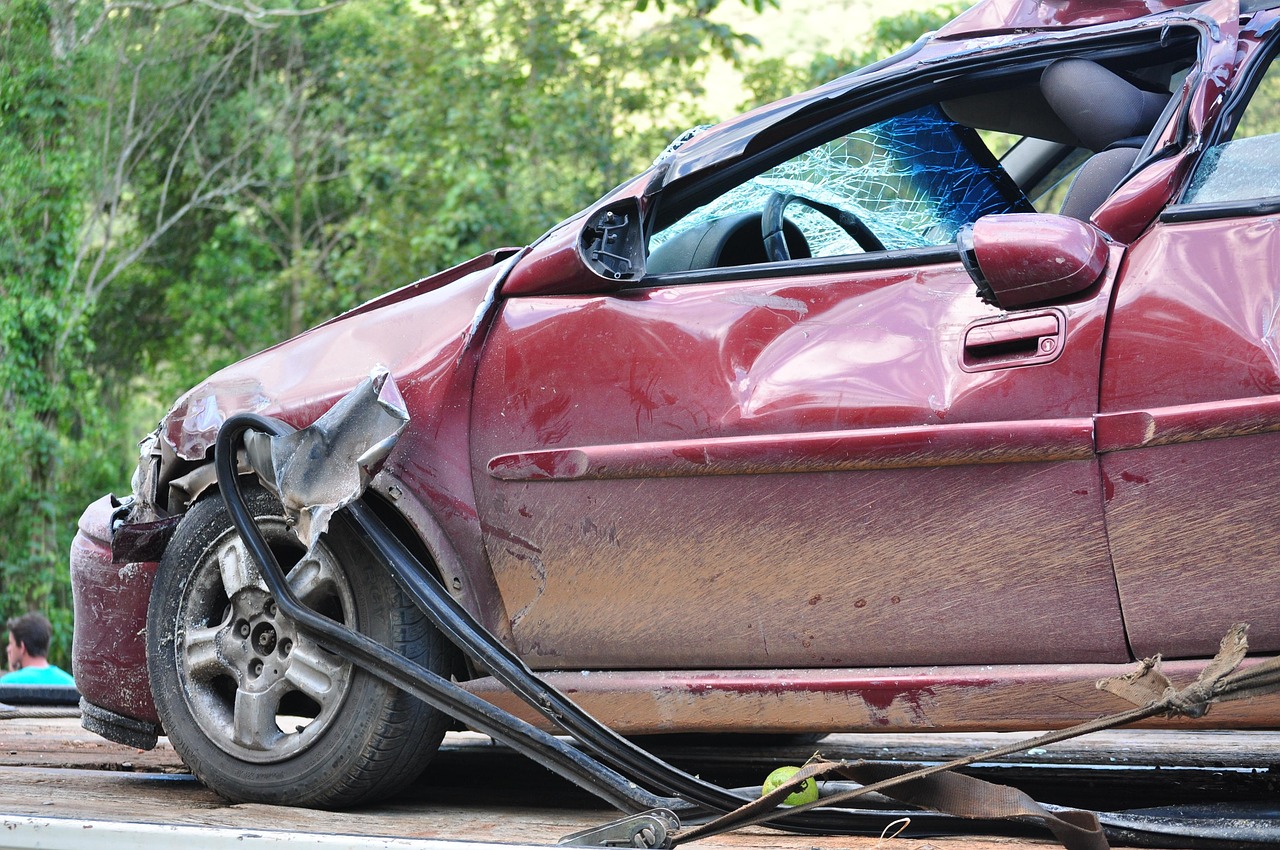Now Reading: Who Is Liable When a Truck’s Cargo Causes a Catastrophic Accident?
-
01
Who Is Liable When a Truck’s Cargo Causes a Catastrophic Accident?

Who Is Liable When a Truck’s Cargo Causes a Catastrophic Accident?
A truck accident caused by cargo failure creates dreadful consequences and involves complex legal issues. Multiple aspects and different parties need to be evaluated to establish liability. The analysis considers three essential spheres: truck drivers’ obligations for cargo examination and maintenance, their inspection duties, and the responsibility of both trucking companies and shippers, loaders, and manufacturers.
The Truck Driver’s Duty of Care and Inspections
Truck drivers must maintain road safety by thoroughly checking vehicle cargo before starting their routes and along the way. Federal regulations mandate that drivers conduct mandatory safety checks to verify that loads are secure and properly balanced. Negligence in performing these duties can result in cargo shifting, leading to accidents during transport.
Courts assess whether drivers followed inspection protocols when determining liability. If negligence is suspected, proving overlooked or improperly executed inspections becomes key to assigning blame.
However, exceptions exist; for instance, if a third party loaded and sealed the cargo, the driver may not be liable if they had no responsible opportunity to inspect it. Courts evaluate whether drivers followed safety protocols or ignored apparent risks, such as transporting unstable cargo in severe weather. These nuances highlight the complexity of assigning fault to drivers in cargo-related accidents.
The Trucking Company’s Vicarious Liability
Trucking companies remain legally responsible for road safety risks under vicarious liability principles that make them accountable for their staff members’ conduct. Trucking organizations must provide comprehensive training, enforce safety rules, and maintain vehicles in excellent condition to lower potential risks.
When accidents occur due to driver negligence, the level of company oversight may be investigated as a point of accountability. Analyzing potential company policy contributions to accidents typically involves legal representatives, such as an Atlanta car accident lawyer, to navigate organizational responsibilities.
Businesses in this domain must comply with all federal regulations, particularly driver hours of service and weight compliance requirements. Violating these standards constitutes proof of neglectful behavior. In one case, maintenance records falsification by a company resulted in brake failures that intensified a cargo shift, leading to liability determination. Instances of non-compliance highlights organizations’ need to follow safety protocols and keep operational information transparent to the public.
Third-Party Liability: Shippers, Loaders, and Manufacturers
Every party engaged in the shipment process bears financial responsibility for any cargo damages to the goods during transit. This includes shipping staff, drivers, trucking businesses, shippers, loaders, and manufacturers. For example, shippers are responsible for packaging and labeling shipping materials.
If cargo is damaged before delivery, various parties involved in shipping may be held financially responsible. According to Federal Motor Carrier Safety Administration(FMCSA) standards, loaders securing freight must use appropriate tie-downs and weight distribution methods. Negligence, such as using damaged straps or exceeding weight limits, can lead to accidents, making loaders liable. For instance, a logistic company was held accountable after improperly secured cargo caused a multi-vehicle collision.
Manufacturers of cargo-securing equipment also bear responsibility. If faulty equipment contributes to an accident, the manufacturer may face legal challenges. Victims can seek compensation if design flaws or manufacturing errors play a role. Government entities might share liability if poor road conditions caused the cargo to dislodge, though proving negligence is required. These multifaceted cases often involve shared liability, emphasizing the need for all shareholders to adhere to stringent safety protocols.
Endnote
Determining liability in cargo-related truck accidents requires analyzing multiple layers of responsibility. The truck driver’s duty of care and thorough inspections form the first line of defense, while the trucking company’s enforcement of safety protocols and operational oversight is equally vital. Third parties, including shippers, loaders, and manufacturers, add another layer of complexity to the legal landscape. By understanding these components, stakeholders can navigate the intricacies of liability and work collaboratively to enhance safety standards. Ultimately, this collective effort can reduce the likelihood of tragic accidents and improve outcomes for all involved.










